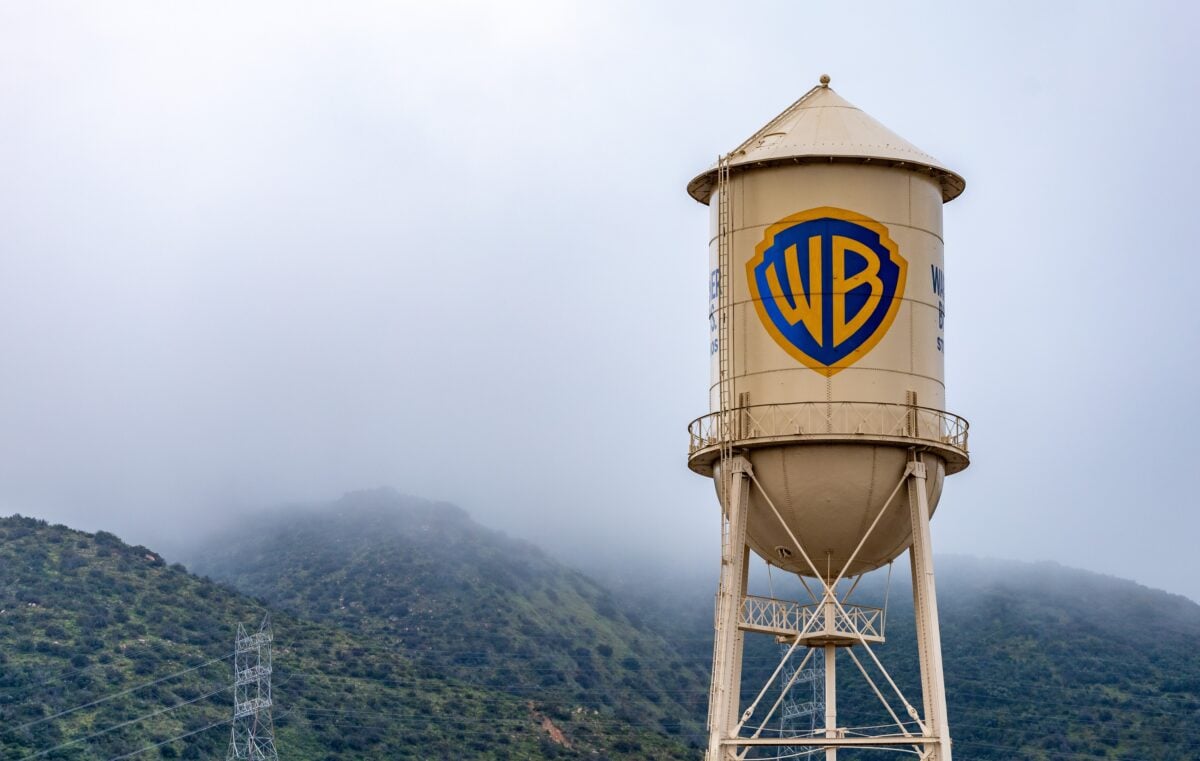TLDRs;
- Disney, Universal, and Warner Bros. are suing Chinese AI unicorn MiniMax in California over alleged copyright infringement.
- MiniMax’s tool Hailuo AI lets users generate videos with characters like Spider-Man and Shrek, sparking Hollywood’s lawsuit.
- The case mirrors Hollywood’s earlier lawsuit against Midjourney, reflecting a growing legal push against AI content firms.
- MiniMax, valued at $3B and eyeing an IPO, faces major legal and financial risks from the lawsuit’s outcome.
Disney, Universal, and Warner Bros. have jointly filed a lawsuit against Shanghai-based MiniMax, accusing the fast-rising Chinese AI unicorn of copyright infringement.
The case was brought before the U.S. District Court for the Central District of California, signaling Hollywood’s growing readiness to challenge AI firms that leverage popular characters without authorization.
Hailuo AI at the center of dispute
At the heart of the lawsuit is MiniMax’s generative tool, Hailuo AI . Marketed as “Hollywood in your pocket,” the platform allows users to generate videos and images featuring globally recognized characters such as Spider-Man, Superman, Darth Vader, Shrek, Buzz Lightyear, and Bugs Bunny.
The studios allege that this functionality enables subscribers to create content that not only mirrors their intellectual property but also bears MiniMax and Hailuo AI branding, an act they argue deepens the infringement.
The complaint highlights that these outputs could be downloaded and shared, effectively bypassing licensing agreements that normally dictate how such characters are used commercially.
A pattern of lawsuits against AI firms
This case echoes an earlier lawsuit filed by Disney and Universal in June against U.S.-based Midjourney. That suit also accused the AI company of generating unauthorized images of characters from blockbuster franchises including Star Wars, Toy Story, and The Avengers.
Both lawsuits point to a broader legal strategy by Hollywood: challenging the use of copyrighted works in generative AI tools before the practice becomes normalized.
Industry experts note that the ongoing wave of lawsuits is part of a larger historical trend. From the disputes over piano roll copies in the early 1900s to copyright battles over software in the 1980s, courts have consistently been forced to adapt existing frameworks to new technologies. Generative AI now represents the latest frontier where copyright law will be tested and potentially redefined.
MiniMax’s growth and IPO ambitions
Founded in 2021 by a former vice president of Chinese AI giant SenseTime, MiniMax has quickly risen to prominence. The company develops a suite of generative AI products, including Hailuo AI and the chatbot Talkie, and has secured a valuation of around US$3 billion.
Reports suggest MiniMax could pursue an initial public offering (IPO) later this year, making the lawsuit a significant hurdle to its expansion plans.
If successful, Hollywood’s legal action could disrupt MiniMax’s IPO ambitions by raising regulatory scrutiny and casting doubt on the sustainability of its business model. For investors, the outcome of this case could shape how generative AI startups are valued, especially those that rely on content derived from copyrighted sources.
Broader implications for AI and copyright
Beyond the immediate courtroom battle, the lawsuit against MiniMax underscores deeper tensions between traditional entertainment companies and AI startups.
At the center of this conflict is the doctrine of fair use, a key legal defense often invoked by AI firms. MiniMax and others argue that training models on copyrighted works is similar to human learning.
Hollywood counters that such practices undermine the financial incentives behind creative industries.







